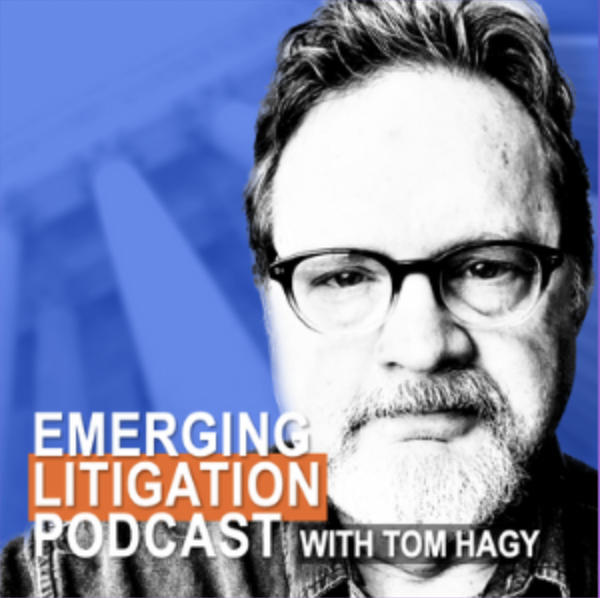California AI Hiring Law Takes Effect, Mandating Bias Audits
These regulations introduce a new category of potential liability. Employers can no longer focus solely on their own conduct in the hiring process—they must now account for the behavior and impact of the automated tools they rely on.
–Stefani Schwartz
Effective October 1, 2025, California employers using automated decision systems (ADS) in hiring must conduct bias audits under new regulations issued by the Department of Industrial Relations. The law prohibits discriminatory use of AI tools in employment decisions and requires transparency in algorithmic processes. Employers must document compliance and may face penalties for violations under the Fair Employment and Housing Act (FEHA). The regulation is part of California’s broader effort to address algorithmic bias and protect workers’ rights in the digital hiring landscape.
Offering a labor and employment defense perspective, employment attorney Stefani Schwartz told HB Litigation News that these regulations introduce a new category of potential liability. Employers can no longer focus solely on their own conduct in the hiring process—they must now account for the behavior and impact of the automated tools they rely on.
Stefani noted that the law also reaches beyond what most people would consider “AI.” ADS is defined broadly enough to include résumé screeners, candidate-ranking software, and even algorithmic tools within platforms like LinkedIn or Indeed. These tools do not need to be abandoned, but employers must rethink how they are deployed and disclosed.
Key steps Stefani says employers should consider now:
• Maintain transparency – Inform applicants when ADS is used and how it influences hiring decisions.
• Screen for bias – Regularly audit tools for disparate impact and adjust criteria to remain skills-focused and compliant.
• Retain human oversight – Use technology as a tool, not a substitute for judgment. Ensure real people review final hiring decisions.
As California moves into a new era of AI oversight, employers who proactively reassess their hiring systems and document compliance will be best positioned to avoid discrimination claims and demonstrate good-faith fairness in hiring.


